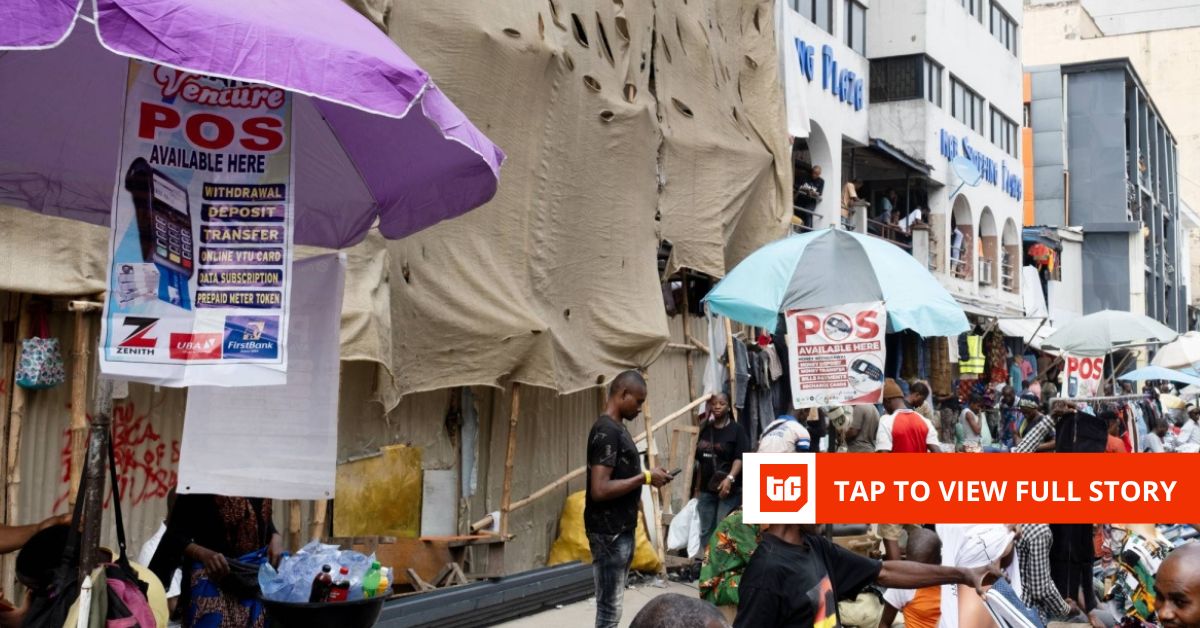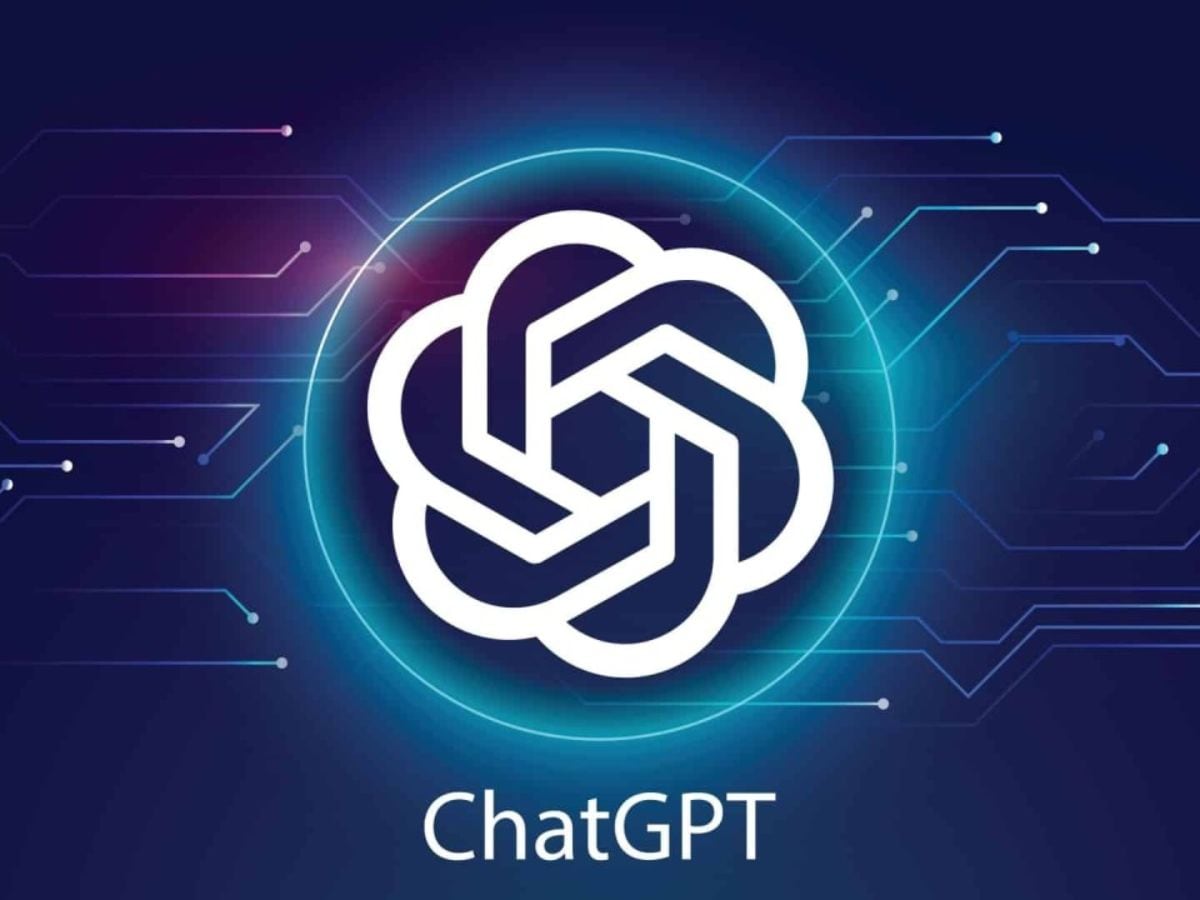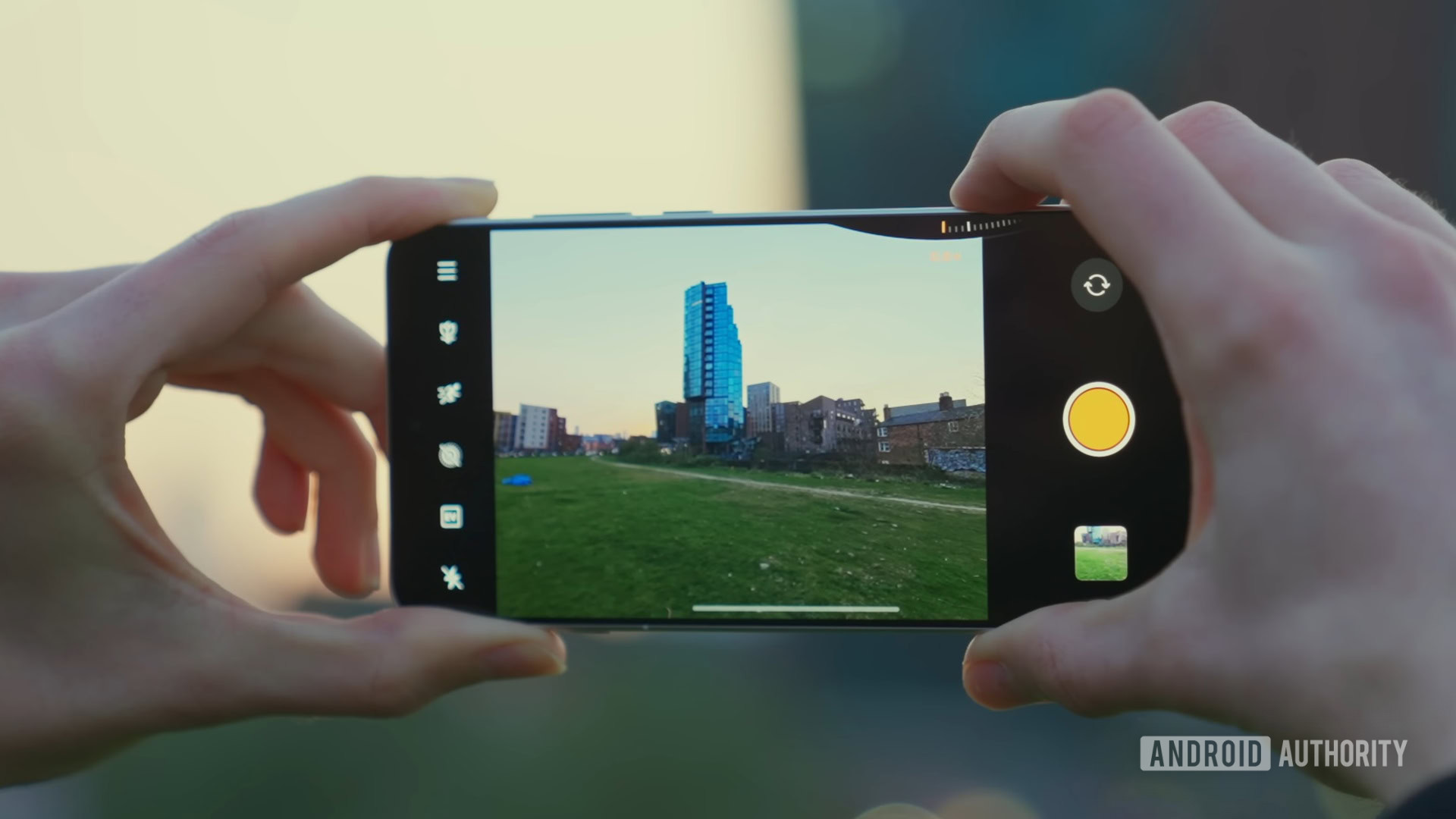After what seemed like a media hiatus, Starlink, the Elon Musk-owned satellite internet company, is back singing a tune we are all familiar with. The company says it is ready (again) to enter South Africa and is willing to play by the country’s rules to do that.
But this time, Starlink went a step further. It revealed its $145 million plan: it wants to comply with local empowerment laws (is this what we’re thinking, Elon?), invest in local infrastructure, work with the National Sea Rescue Institute to equip rescue vessels, and provide free internet for 5,000 schools.
Between the lines: The satellite internet provider wants to work through local partners rather than go solo, by hiring South African internet service providers (ISPs) for installation, maintenance, and resale of its product in the country. The company is also looking to base parts of its global network infrastructure in the country to achieve its goal of making South Africa a regional hub for its operations.
Why this turnaround? For months, Starlink’s entry into South Africa stalled over local ownership rules that required foreign telecoms to sell equity—something Starlink refused to do. Starlink’s stance changed when regulators proposed an entry consideration for foreign firms through equity equivalence. This meant that instead of selling part of its shares, it would invest in projects that advance local empowerment, such as connecting 5,000 schools and investing in local infrastructure.
Zoom out: For all of Starlink’s enthusiasm in the market, South African lawmakers are still having second thoughts about the equity equivalence pathway, citing it would undermine the Broad-based Black Economic Empowerment (BBEE) system, which has existed for years, and this has stalled entry plans for Musk’s company.











